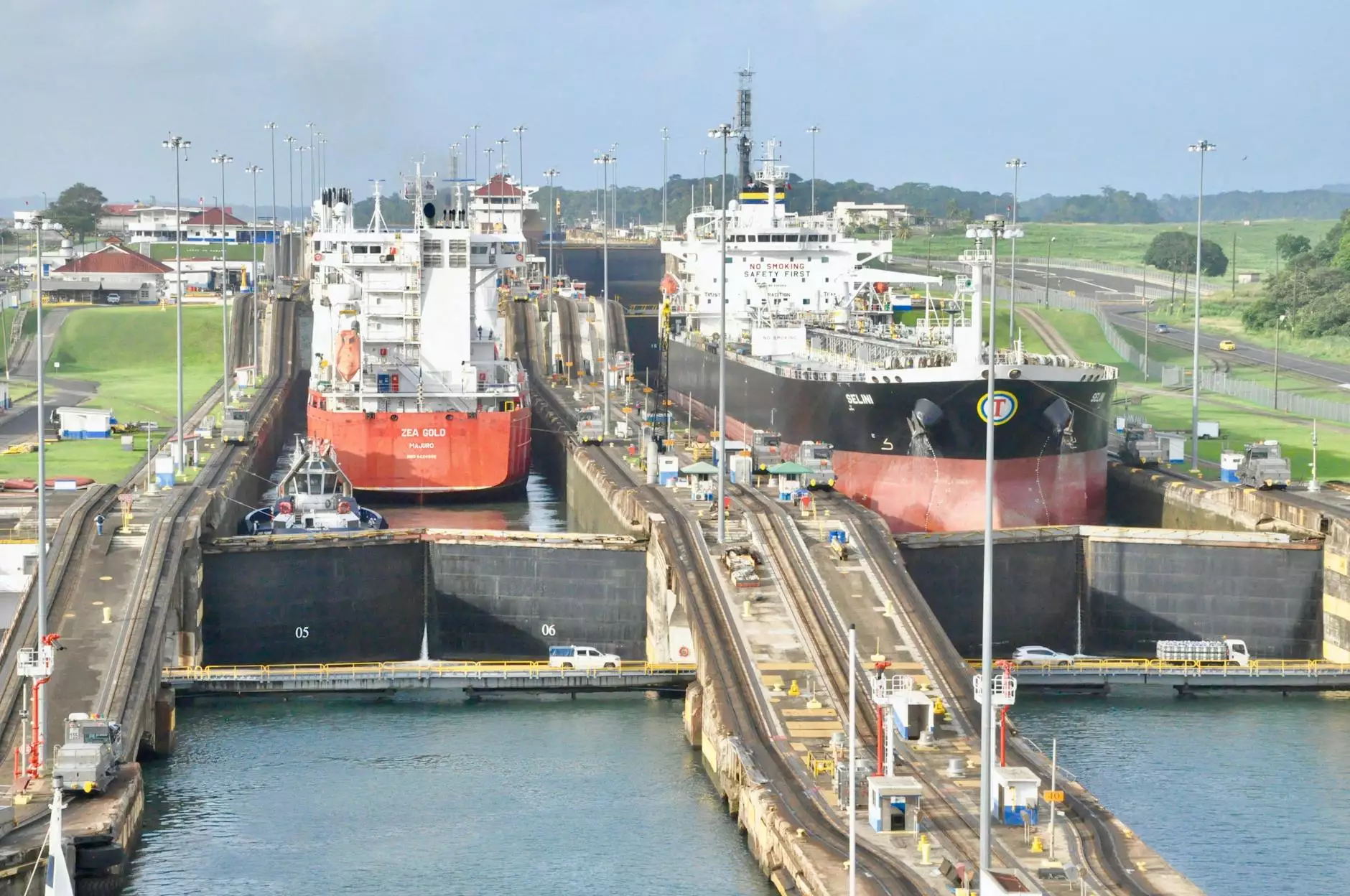Understanding Air Cargo Charges: A Complete Guide to Optimizing Your Air Freight Operations

Efficient management of air cargo charges is crucial for businesses seeking to streamline their logistics, reduce costs, and improve delivery timelines. As the global economy becomes increasingly interconnected, air freight remains a vital component for rapid, reliable transportation of goods across borders. This comprehensive guide delves into the complex world of air cargo charges, exploring the factors that influence costs, the different types of charges, and how partners like cargobooking.aero can help you navigate this intricate landscape for maximum efficiency and profitability.
Introduction to Air Cargo and Its Importance in Global Trade
Air cargo accounts for a significant portion of international freight movement, enabling businesses to meet just-in-time inventory demands, expand into new markets, and enhance supply chain agility. Despite its higher cost compared to sea or land transportation, air freight offers unmatched speed, security, and connection to global markets. Understanding the air cargo charges involved is essential for companies aiming to optimize their logistics spend while maintaining high service standards.
What Are Air Cargo Charges? An Overview
In simple terms, air cargo charges are the fees levied by airlines, freight forwarders, and logistics providers for transporting goods via air. These charges encompass a variety of components, each influenced by specific variables such as weight, volume, distance, and special handling requirements.
The Components of Air Cargo Charges
1. Basic Freight Rates
The foundation of air cargo charges is the basic freight rate, which is typically calculated based on either weight or volume, whichever is greater (known as the chargeable weight). Airlines establish rate tables that reflect factors like fuel prices, market demand, and operating costs.
2. Fuel Surcharges
Given the volatile nature of fuel prices, airlines often include a fuel surcharge component. This adjustment helps airlines offset the impact of fluctuating fuel costs and is reassessed periodically to reflect current market conditions.
3. Security Fees
Security protocols at airports and cargo terminals require significant investments. Accordingly, security fees are incorporated into air cargo charges, covering costs for screening, inspection, and security staff.
4. Airport Handling and Terminal Charges
Handling involves the physical transfer, sorting, and storage of cargo at airports. Terminal charges cover the services provided within the airport facilities, including warehousing, loading, unloading, and documentation processing.
5. Documentation and Paperwork Fees
International shipments necessitate extensive documentation such as airway bills, customs declarations, and certificates of origin. Fees for processing these documents are included in overall air cargo charges.
6. Custom Duties, Taxes, and Import/Export Fees
Depending on the destination country, customs duties and taxes can significantly impact the total cost of air freight. While these are typically paid upon arrival, some charges may be included or arranged through the service provider.
7. Additional and Special Handling Charges
- Perishable Goods: Require temperature-controlled environments, incurring extra costs.
- Dangerous Goods: Require special compliance and handling, increasing fees.
- Oversized or Heavy Cargo: May need special equipment and permissions, adding to costs.
- Priority Shipping: Faster delivery options often involve premiums.
Factors Influencing Air Cargo Charges
The total air cargo charges are not static; they fluctuate based on multiple dynamic factors:
- Weight and Volume: Heavier and bulkier cargo increases costs proportionally.
- Distance and Route: Longer routes or less common aviation corridors tend to be more expensive.
- Type of Cargo: Special cargo, such as pharmaceuticals or hazardous materials, can increase costs due to handling and regulatory compliance.
- Flight Frequency and Capacity: Congested routes or high-demand periods can raise prices.
- Market Conditions: Fuel prices, geopolitical stability, and economic trends influence overall rates.
- Service Level: Express services or extra security measures come at a premium.
Strategies for Reducing Air Cargo Charges
Effective management and strategic planning can significantly impact your air cargo charges. Here are some proven strategies:
- Optimize Packaging: Use efficient packaging to minimize volume and weight, boosting chargeable weight accuracy.
- Consolidate Shipments: Combine multiple small shipments to reduce handling and route costs.
- Plan Shipping Schedules: Avoid high-demand peaks and choose flexible shipping windows.
- Leverage Technology: Use advanced booking and tracking tools to monitor costs and avoid surprises.
- Partner with Experienced Freight Forwarders: Collaborate with specialists who have extensive networks and negotiate better rates on your behalf.
The Role of cargobooking.aero in Managing Air Cargo Charges
Partnering with a reputable platform like cargobooking.aero offers multiple advantages for businesses aiming to optimize their air cargo charges. The platform provides:
- Real-Time Price Comparisons: Instantly compare rates across multiple airlines and routes to select the most cost-effective options.
- Transparent Pricing: Detailed breakdowns of all charges ensure clear understanding and budgeting.
- Advanced Booking Capabilities: Secure preferred rates and slots ahead of time, reducing premium surcharges for last-minute bookings.
- Comprehensive Documentation Support: Automate paperwork and compliance processes, minimizing delays and extra fees.
- Dedicated Customer Support: Expert guidance helps navigate complex customs, security, and regulatory requirements.
The Future of Air Cargo Pricing and Logistics Innovation
The logistics industry is continuously evolving, driven by technological advancements and shifting market dynamics. Trends such as blockchain for transparent transactions, AI-powered route optimization, and automation of handling processes are set to redefine the way air cargo charges are calculated and managed.
Moreover, environmentally sustainable practices—such as adopting greener fuels and optimizing load factors—are influencing cost structures and encouraging more transparent and fair pricing models. Companies that embrace these innovations will benefit from reduced costs, increased operational efficiency, and a smaller carbon footprint.
Conclusion: Mastering Air Cargo Charges for Business Success
Understanding and effectively managing air cargo charges is pivotal for any business engaged in international trade. By scrutinizing each component of the fee structure, leveraging strategic packing and scheduling, and partnering with technological platforms like cargobooking.aero, companies can achieve significant savings and enhance their competitive edge.
Stay informed about market trends, technological advancements, and regulatory changes to continually optimize your air freight operations. Remember, transparency, planning, and strategic partnerships are the keys to navigating the complex world of air cargo charges successfully.
Additional Resources for Air Cargo and Logistics Optimization
- IATA — International Air Transport Association
- World Logistics Reports
- cargobooking.aero — Your Partner in Air Cargo Management
By understanding the intricacies of air cargo charges and employing innovative solutions, your business can improve efficiency, reduce costs, and expand your global reach seamlessly.
air cargo charges








